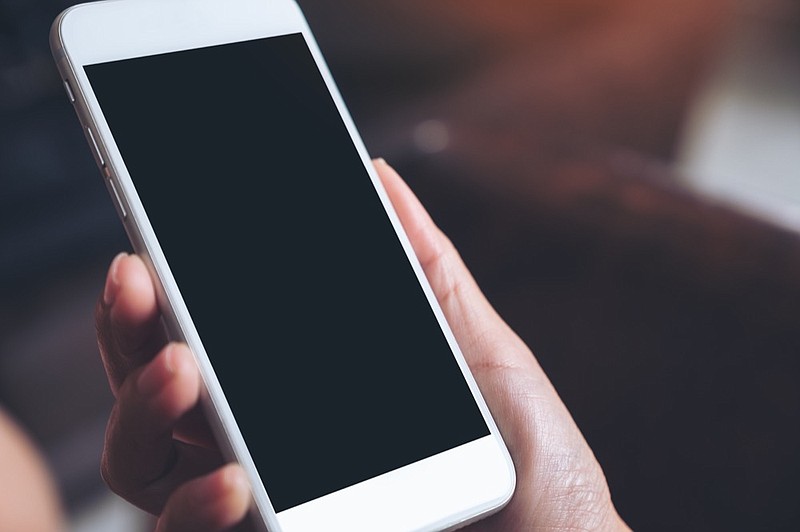Q. Please explain the cell phone Porting scam?
A. Did you know that with a few easy steps someone could steal your phone number and phone service? The Better Business Bureau first warned consumers of cell phone porting scams two years ago, but it appears the problem is getting worse. BBB is advised that businesses and consumers lost hundreds of thousands of dollars when a cell phone was stolen and their business bank account was emptied. This scam is another way for scammers to steal your hard earned money, and even your identity. The scariest part is that this type of scam, called porting or port-out scamming, is that it can help scammers get past added security measures on personal and financial accounts and logins.
To put it another way, think of how many times you have set up an email address, social networking, or logged onto your bank account online or had to change your password. How many times did you have to verify your identity by being sent a code via text message? Now what if you weren't the only one who was reading that message? This new type of scam absolutely could bypass that layer of security and has a huge potential for your identity to be stolen faster than you think. Luckily you can protect yourself and BBB is here to help you identify and protect yourself.
What is a cell phone porting or port-out scam?
A scammer finds out your name and phone number and then attempts to gather as much personal identifiable information (PII) as possible about you. PII includes name, address, Social Security number, date of birth, and other information that can be used for identity theft. They then will contact your mobile provider, impersonating you, and inform them that your phone was stolen and request the number be "ported" with another provider and device.
The scariest part? Once they have your number ported to a new device they can then start accessing and gaining entry to accounts that require additional authorization in terms of a code texted directly to your phone for security verification. Those added security measures are usually in place on accounts provided by email providers, social networks, tax preparation software, and even financial institutions.
BBB offers these tips to help protect you from this specific type of scam:
* Inquire with your wireless provider about port-out authorization. Every major wireless has some sort of additional security for accounts or for port-out authorization that customers can set up, like a unique pin, or add verification question, which will make it more difficult for someone to port-out your phone. Contact your mobile provider and speak to them specifically about porting and/or port out security on your account.
* Watch out for unexpected "Emergency Calls Only" status. Call your mobile phone company if your phone suddenly switches to "emergency call service only" or something similar. That's what happens when your phone number has been transferred to another phone.
* Be vigilant in about communications you receive. Watch out for phishing attempts, alert messages from financial institutions, texts in response to two-factor authorization requests.
If you've fallen victim to this type of scam, alert your mobile provider, financial institutions and take the standard steps to combat identity theft. Also, BBB encourages you to file a report on BBB ScamTracker www.bbb.org/scamtracker and help your community by warning others.
Jim Winsett is president of the Better Business Bureau in Chattanooga.

